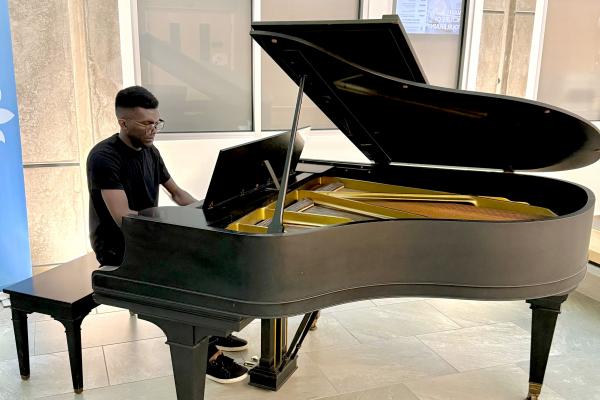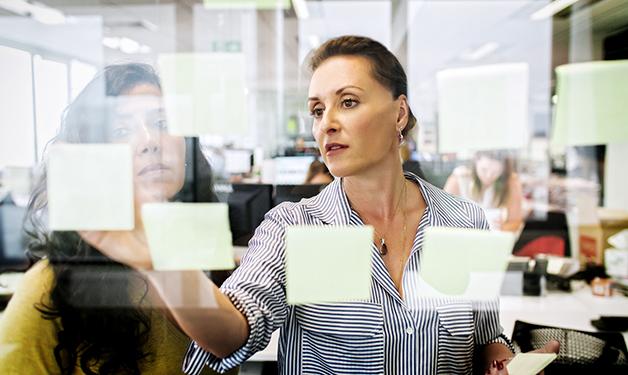
In honour of the International Day of Women and Girls in Science, researchers at VCHRI share their experiences and offer advice for the next generation of women scientists.
According to data from UNESCO (the United Nations Educational, Scientific and Cultural Organization), less than 30 per cent of the world's researchers are female. But that discouraging number didn't stop these women from pursuing their passion for science and discovery.
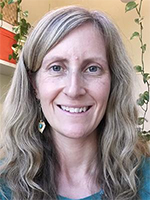
Q: Why do you think there aren’t more women in science?
A: Kids are by nature scientists, always asking questions and exploring the world around them. Yet there are so many examples of how we, as a society, send the message that science isn’t for girls. Look at the scientists on TV and in movies, and the characters in kids science books – even in 2019, you still predominantly see males in these roles. And the packaging on science toys like microscopes and telescopes continues to be targeted to boys. That marketing influences individuals’ everyday beliefs and reality, and creates a vicious cycle where you have fewer female scientist role models.
Even seemingly small comments people make can have a big impact–every time a child hears a woman say “I was never good at math,” those words send a message to both little girls and boys about competence and expectations in math and the sciences.
“We all need to do better to make girls feel like they belong in science.” - Corree Laule, PhD
Q: What inspired you to pursue a career in science and research?
A: My interest in science began very early on. I grew up as an only child in a small town, so much of my early years were spent outside exploring the world around me. I would entertain myself using whatever I could find. My dad was a welder and the tools in his workshop, combined with local flora and fauna led to some pretty elaborate houses for the beetle and frog friends I captured in the forest. Terrariums let me watch caterpillars turn into moths and Sally the salamander devour strawberries. My dad would also bring home magical toys from his work like magnets and metal filings for me to play with. Learning that science is all around us, all the time, fostered the curiosity and creativity I use every day in my job as a researcher.
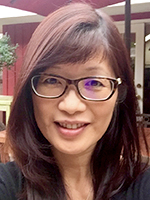
Q: What obstacles do women face in the science field?
A: Female scientists certainly face multiple obstacles in research. To remain competitive, scientists are required to spend long hours doing research, writing grants, publishing their work and teaching. This leaves little time for anything else, but women scientists often wear multiple hats–not only as academics, but also as mothers, wives and daughters. I know some very hard-working women scientists who have struggled with guilt over not spending enough time with their children, spouses and aging parents. Academia can be a harsh environment for women: research shows women scientists frequently receive lower salaries and are appointed to fewer leadership positions than their male counterparts. In addition, female scholars are more likely to suffer from imposter syndrome, where they see themselves as inadequate, even though they are extremely qualified.
“Stereotypes influence women’s identities, as well as our individual way of thinking.” - Lillian Hung, RN, PhD
Q: How can they overcome these obstacles?
A: Things are improving–we have a growing number of female scholars pursuing PhDs, leading research projects and winning funding awards from Vancouver Coastal Health Research Institute, the Michael Smith Foundation for Health Research and the Canadian Institutes of Health Research. And last year, Donna Strickland won the Nobel Prize for Physics. However, we cannot be complacent. Women need to jointly build networks of support, challenge gender stereotypes and advocate for structural, funding and policy support for women scientists. And most importantly, we must continue to celebrate women’s contributions to advancing science and knowledge.
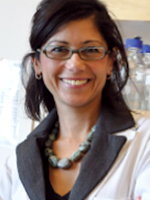
Q: What can we as a research community do to encourage and support girls and women to achieve their full potential as scientific researchers?
A: As a community, we need to encourage our female students and colleagues to invest in themselves, pursue higher learning and follow their scientific passions. To help promote and empower each other, women researchers can share our own experiences, give advice and guidance on common issues and obstacles, and act as role models for the younger generation.
“Girl you can do it, go and grab it!” - Amina Zoubeidi, PhD
Q: What words of wisdom do you have for the next generation of women scientists?
A: For both current and future women scientists, I would encourage you to set your own priorities to help maintain a balanced life. Hold on to the joy science brings you and remember that fun does not discriminate. And always try to surround yourself with positive, supportive people.
From my own experience as a woman, a wife and a scientific researcher who established a successful career in the male dominated field of prostate cancer, I have found a fantastic community of women in science who encourage and support each other. I recommend every woman to do the same – go and find them, they are all around you.


